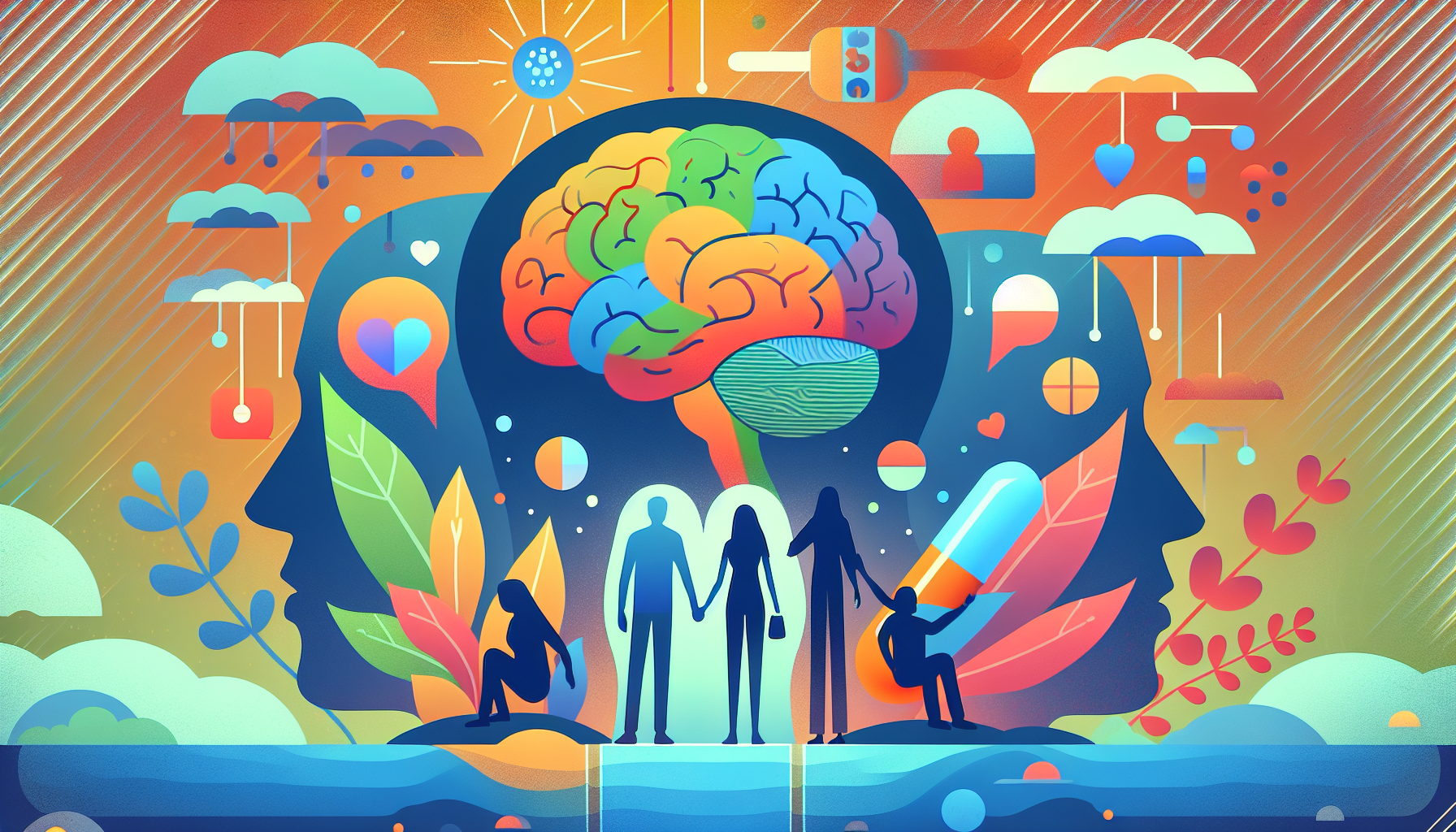Psychosis is a condition that affects how the brain processes information, causing a person to lose touch with reality. It can be a frightening experience for both the person experiencing psychosis and their loved ones. However, with proper treatment and support, many people with psychosis can manage their symptoms and lead fulfilling lives.
What Are the Symptoms of Psychosis?
The symptoms of psychosis can vary from person to person, but they typically include:
Delusions: False beliefs that are not based in reality
Hallucinations: Seeing, hearing, or feeling things that are not really there
Disorganized thinking and speech
Unusual or inappropriate behavior
Lack of motivation or interest in daily activities
These symptoms can be distressing and may interfere with a person's ability to function in daily life. It is important to seek help from a mental health professional if you or someone you know is experiencing symptoms of psychosis.
What Causes Psychosis?
Psychosis can be caused by a variety of factors, including:
Mental health conditions, such as schizophrenia or bipolar disorder
Substance abuse, including alcohol and drugs like marijuana and cocaine
Physical health conditions, such as brain tumors or infections
Traumatic experiences or extreme stress
In some cases, the exact cause of psychosis may not be clear. However, research suggests that a combination of genetic, environmental, and psychological factors may play a role in the development of psychosis.
How Is Psychosis Treated?
Treatment for psychosis typically involves a combination of medication and therapy. Antipsychotic medications can help reduce symptoms such as delusions and hallucinations, while therapy can help individuals learn coping strategies and develop a support system.
Some common types of therapy used to treat psychosis include:
In some cases, hospitalization may be necessary to ensure the safety of the individual and others. However, with proper treatment and support, many people with psychosis are able to manage their symptoms and lead fulfilling lives.
If you or someone you know is experiencing symptoms of psychosis, it is important to seek help from a mental health professional as soon as possible. Early intervention can make a significant difference in the course of the illness and improve outcomes.
For more information on psychosis and mental health, visit the National Institute of Mental Health, the National Alliance on Mental Illness, or the American Psychiatric Association.
The Bottom Line
Prompt recognition and treatment within the first few months dramatically improves long-term outcomes, with most people achieving significant symptom control through medication and therapy. The earlier treatment begins, the better the chances of maintaining independence and preventing future episodes. If you're concerned about unusual thoughts, perceptions, or behavioral changes, Doctronic can help you understand your symptoms and treatment options quickly.


